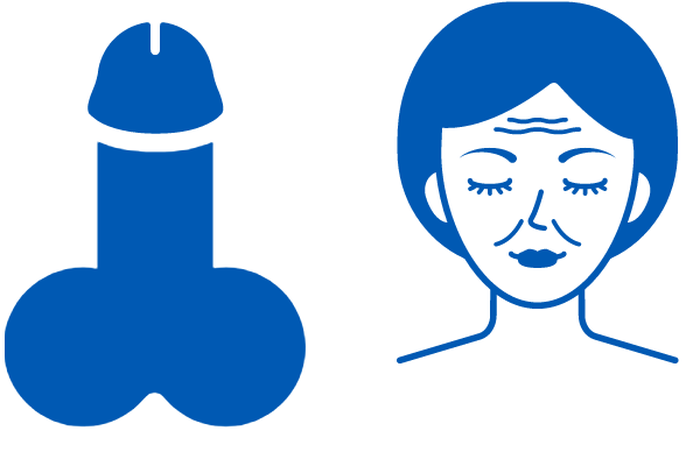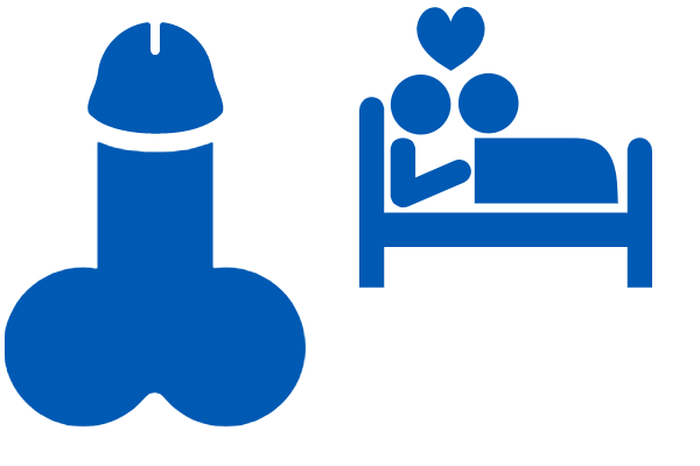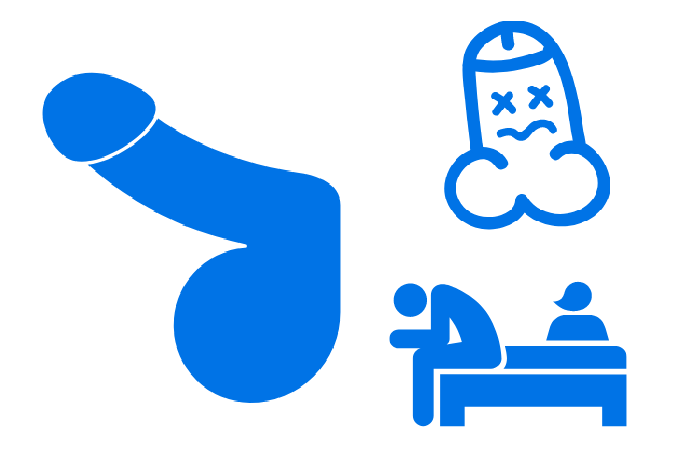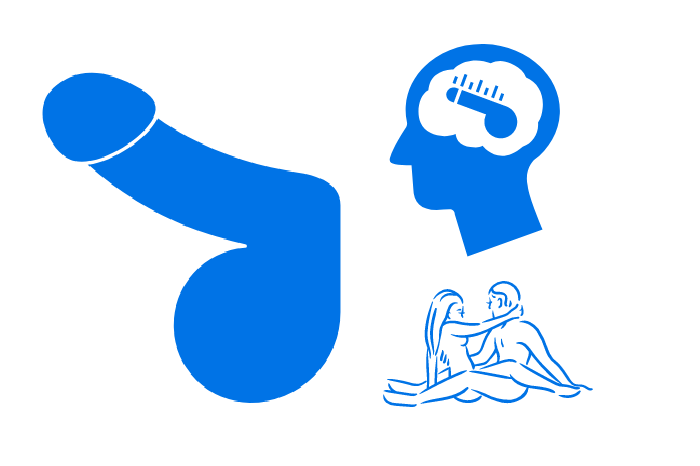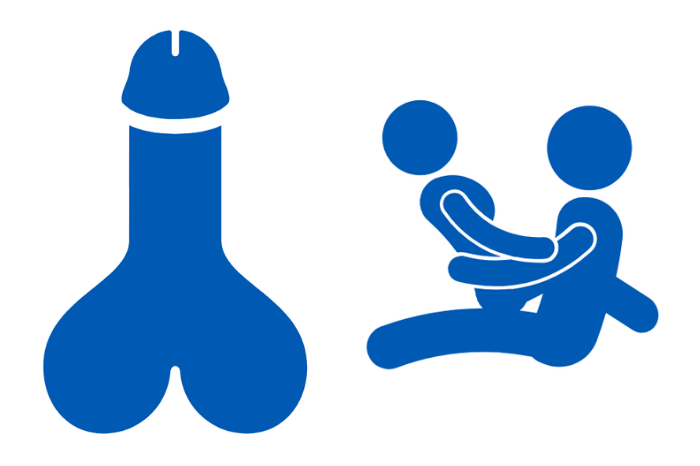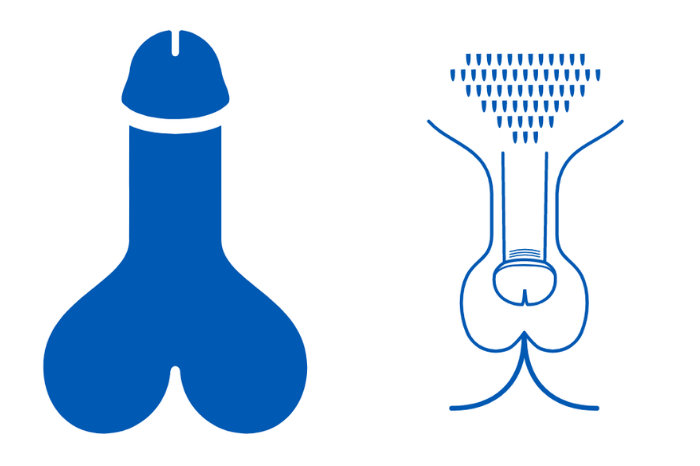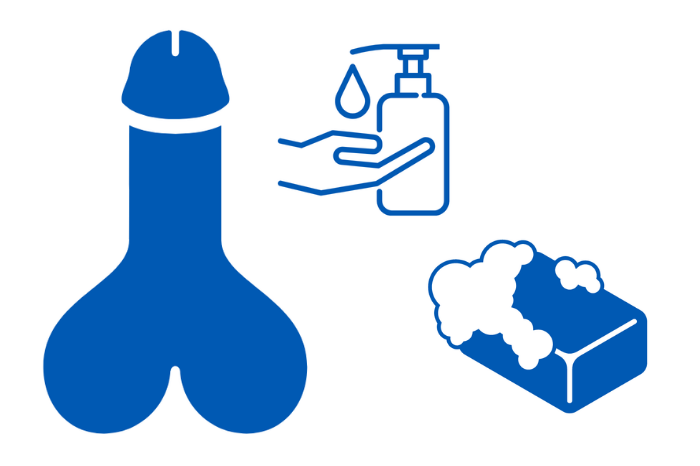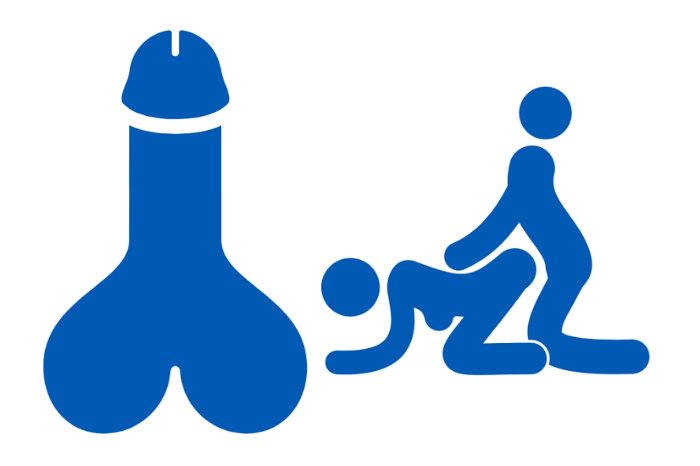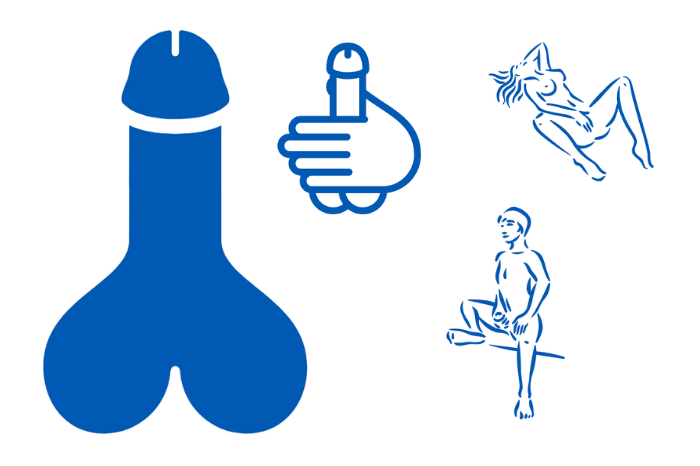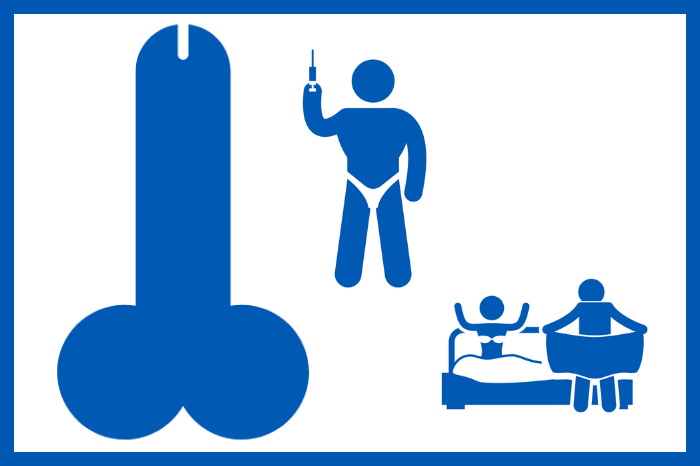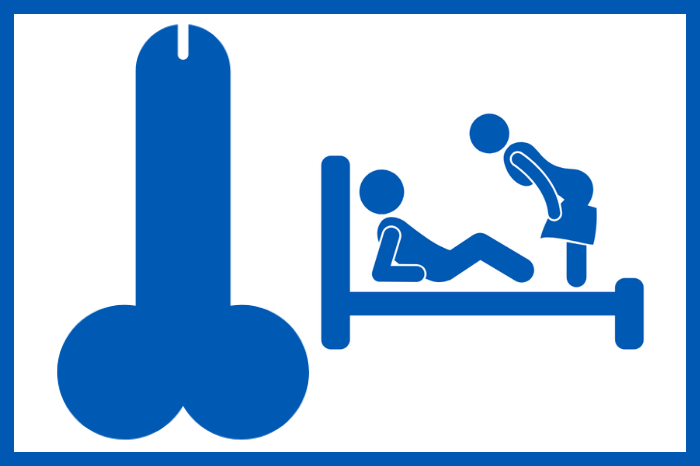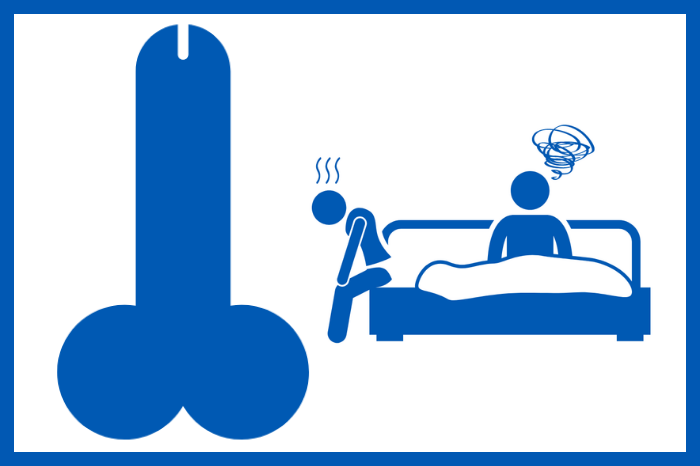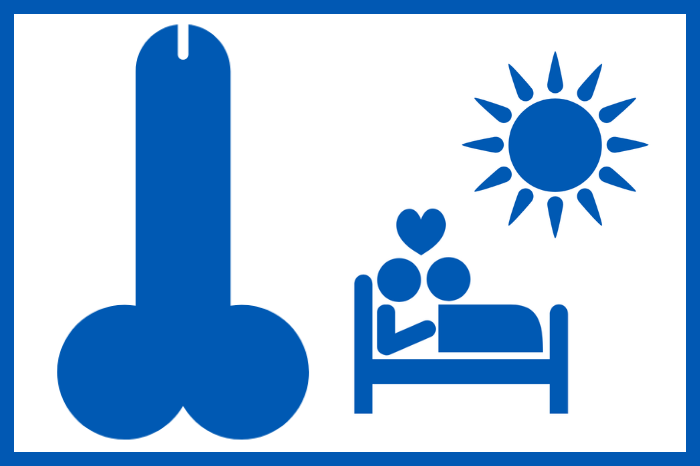How can men fight perfectionism?
First of all, being a perfectionist has both a good and a bad side. At its best, perfectionism helps keep us on our toes and produce something of quality, like some kind of report for work or a college presentation.

But, in the worst case, the person is stuck in a place called paralysis by analysis, which can translate into symptoms such as inaction (lack of action), self-doubt in addition to the so-called imposter syndrome - a mistaken perception of oneself, in the which you believe you are not competent and that you are never good enough.
And it can be worse... For some people, the need to be perfect in everything they do can be so great that it prevents them from taking advantage of new opportunities, trying new things and growing.
What does perfectionism really mean?
At some point or another in life, many of us may be perfectionists as an extension of our personality. Thus, we need to distinguish "healthy" from "harmful" perfectionism.
A healthy perfectionist behavior is seen as fuel for motivation, discipline and the pursuit of high quality standards, especially when it comes to the work environment.
A striking feature of the healthy perfectionist person is that he has more "belief play" when something goes wrong, he manages to take it more lightly when he doesn't meet his expectations.
The meaning of a perfectionist person (in the harmful case) comprises one who believes that there is a way to make everything perfect or still be a perfect person, without flaws. In doing so, she sets high standards of performance for herself and for others as well. All accompanied by harsh internal criticism and judgments, often exaggerated.
This is even the most striking characteristic of a perfectionist person on the harmful side, he cannot handle situations well when they go wrong, he is more sensitive, suffers emotionally and feels a lot of stress with it.
Therefore, perfectionism becomes a problem when the search for perfection generates damage to health, which can lead to unhappiness, anxiety, depression, burnout, insomnia and eating disorders, just to name a few.
Examples of perfectionism
Imagine the situation in which a company employee was tasked with preparing a Power Point presentation for a business meeting. The subject was not complex and the presentation should be brief.
The employee could very well have done it in a few hours, but ended up wasting the entire weekend on it, simply because he had a hard time finishing the slides as they never seemed to be good enough.
He went over every word, every paragraph over and over again... In the end, he wasn't happy with the slides and he felt frustrated and mentally drained from not being able to get away from the computer.
On the day of the meeting, the presentation went well, but it wasn't as if the people present were paying attention to every word, you know... So an activity of just a few hours cost him the entire weekend, all for being one person. perfectionist at work.
Another example can be a perfectionist person in a love relationship. On the one hand, expect a lot of dedication and commitment in a relationship with a perfectionist. But on the other hand, know that there will be a lot of criticism and charges, sometimes unnecessary.
The naked truth is that the person who needs to be perfect, when he can't control himself, suffers from it, which can erode his self-esteem and make it difficult for him to achieve important goals in life.
Does all this seem familiar to you? If the answer is yes, keep reading. As part of our exploration of the topic, we'll cover 7 ways to lessen the need to be perfect, with the goal of bringing you greater happiness and satisfaction.
Causes of perfectionism
But first let's talk about the causes.
You may be wondering why this need to be perfect happens? What drives a person to perfectionism?
To help us get the answers, we'll turn to Elizabeth Scott's experience. She is a copywriter and wellness coach on the Very Well website. Scott offers several different causal reasons. We will see some of them.
The first is a big problem for many perfectionists - especially those who are entrepreneurs. All-or-nothing thinking means that everything you are involved in MUST be perfect. There is no in-between and there is no "close to perfection".
All-or-nothing thinking can often be traced back to childhood, where parents were strict and there was a lot of shame when a child made a mistake.
People like this are the ones who always look for mistakes instead of focusing on the positive, especially when it comes to themselves.
While there could be a number of reasons for this, low self-esteem is significantly related, usually because someone during their formative childhood years was very critical of them.
Second, perfectionists are often let down by creating unrealistic standards for themselves and, by the way, for others as well. It is part of them to set high, often ridiculous and unrealistic standards that are impossible to live up to.
So why would a person set such a high standard for himself? There are a number of reasons for this, of course - it's never just one thing. But an important factor can be attributed to something called "the game of comparisons".
In their quest for excellence, these types of people unfairly compare themselves to others and think, "Well, if they did it, I should be able to do it too." It doesn't matter if the person she's comparing herself to has years of experience or has spent a lot of time honing a specific skill. In many ways, having unrealistic standards is related to the first point made, "all or nothing" thinking.
And third, many people are perfectionists because they fear failure. In other words, they worry that unless they perform a certain task perfectly, such as with military precision, they will not be a success. And linked to this are worries about letting others down or fear of being judged.
This is where a person becomes almost addicted to saying yes to everything, even though it comes at a great cost to their emotional and psychological health.
Fearing failure is something quite seen in our modern society, since the job market and universities end up generating a feeling of competitiveness among people; the fear of not getting a job or being fired and replaced; or even the tension to pass the entrance exam, the internship vacancy, anyway...
These are just some of the reasons why people indulge in perfectionism. Perhaps you can identify with some or all of them.
While knowing the why of something can be helpful, it doesn't create change in and of itself. Here on this site for men, our focus is on solutions.
So how to treat perfectionism?
It is not always easy to deal with, mainly because even today being a perfectionist person is seen as a quality for many, because in addition to being an extension of the personality, it is understood that the person/employee/student/entrepreneur will do everything in the most high quality standards, forgetting all the damage that this can generate.
So now discover 7 approaches that will help you control perfectionism. But first, know that there is no standardized way to deal with this problem.
While some of these suggestions may be helpful to you, others may not. Most people find that picking 2 or 3 action items works better rather than trying everything at once, as we are not computers. We don't have behavior chips that can be turned on or off randomly.
Rather than trying to "get rid of" perfectionism, a much better approach is to try to gradually change your thinking, which over time can smooth out unwanted behaviors.
7 ways to deal with perfectionism
You'll see that at some point, the strategies talk to each other:
1. Don't be so critical of yourself
Previously, some causes behind perfectionism were discussed, which in many cases can be attributed to having had critical parents or guardians in childhood.
Therefore, it is important to pay attention to the messages that your inner critic is sending you throughout the day. A good way to do this is to keep a notebook handy and jot down your critical thoughts whenever you feel they are getting the better of you.
Here's an example: you're responding to an email and you can't stop obsessing over every word you type because you're afraid of making a mistake.
So the self-affirmation that pops into your head might be something like, "I need to do this right because I don't want people to think I'm an idiot."
Sound familiar? Well, it's important to challenge that kind of negativity so it's not too much for you. And the best way to do that is to engage in a little Socratic questioning.
Think, "Is it really true that if I make a mistake, others will think I'm stupid?" Another question you can ask is, "What's the worst possible thing that can happen if a typo appears? Will my coworkers avoid me? Will I get fired? Will the world fall apart?"
You know the answer is NO. By questioning your inner critic, you hinder your ability to continue to criticize. It sounds simple, but it's powerful.
2. Reevaluate expectations
What does it really mean? In short, being real about expectations means acknowledging that you're not Superman. It means taking inventory of your strengths and limitations and recognizing that you can't do everything.
When you fall into the trap of setting unsustainable goals and engaging in behaviors that are beyond your capabilities, you can become frustrated, angry, and depressed.
Reevaluate your activities, see if you are not charging yourself too much.
As part of your own change plan, try to think of the following statement to help you resist the urge to do more. Say this three times a day:
"I accept my humanity and I'm choosing to say no."
3. Make conscious self-care a priority
This may sound cliché, but sometimes the cliché fits the moment. The main reason mindful self-care helps reduce perfectionism is because it takes you out of the future and makes you live in the here and now.
Mindful self-care goes far beyond focusing on exercise to shed those extra pounds; it can also mean making the conscious choice to create time for meditation, to make yourself present in the moment.
But don't worry, you don't have to be fully focused like a laser beam. It's okay to let your mind wander, as that's what minds do. When you feel your mind wander, just focus again, without judging yourself or thinking you don't know how to meditate.
You see, if we go into the meditative process with the expectation that it must be perfect, we are doomed to failure. Many men resist meditative practice because they feel that the mind must be clear of thoughts at all times in the process, and so they give up before they even start.
All of this is to say that imperfect experiences can bring us valuable teachings on the path to acceptance.
Take time for yourself to do something you enjoy and that will be useful to you and be present in that moment. This will turn your attention to yourself and will help lessen perfectionism. It's about investing time in yourself so you can recharge and be the best version of yourself.
4. Tell yourself that free time is not a waste
Have you ever felt that downtime is a waste of time? Is there a part of you that feels the need to be productive at all times? When you have free time, do you start to feel down?
If any of these things resonate with you, it may be time to change that.
What would it be like if you used some of your downtime, even if only half an hour, to be unproductive? Here, I'm talking about listening to an audiobook, a podcast, or your favorite song.
What would it be like to record, doodle, sketch, paint or draw? The idea is to do - or not do - anything that isn't related to some random delivery you're working on.
Anyway, there's an old saying - I think it comes from the world of Buddhism that goes something like this: There's something in nothingness.
Allow yourself to do nothing when you have free time, just relax your mind and rest your body, this will help you fight the need to be perfect all the time.
5. Discard multitasking
This is something in common for many perfectionists. In an ideal world, we would all be able to successfully multitask and do so with the focus of a laser.
But here's the problem, multitasking is something of a myth. Don't just take my word for it. There's a great article by Clifford Nass, a professor of psychology at Stanford University, that talks about this.
Long story short, we're not that good at this whole multitasking thing. And in my own experience, trying to double focus on different tasks is a surefire way to increase stress and anxiety.
When possible, try to focus on one thing at a time. Agree not to force yourself to respond to email while attending a meeting.
Now see, it might take you a while to get used to this idea, when it's your reality to juggle three different things at once. But once you get into the groove, you'll find that your life becomes less complicated and lighter.
6. Trust yourself
One of the main ways to lessen perfectionism in your life is to trust yourself. By that I mean that you are a responsible man and you have the ability to remain that way.
We know that there are times when something urgent comes along that requires your immediate attention. But in many cases these moments are entirely decided in our minds.
For example, if you took the time to write a report, trust that you will stick to it when the time comes. Use a self-affirmation such as:
"I trust myself to stick to my schedule."
The idea here is to combat the negative voice with more reasonable and calming language.
7. List the consequences
The final tip to lessening the need to be perfect is to examine the consequences. This suggestion is pretty self-explanatory.
But let's just say, for perfectionists, there's usually a lot of denial going on. That's why it's important to be realistic about things.
Just write down five or more ways you harm yourself through perfection behaviors and put the list in your field of vision. Having the list nearby can act as a visual reminder to help you generate change.
For example, the list will give you "permission" to get away for 30 minutes and have lunch, rather than working while gulping down your food without realizing it.
Conclusion
It is not so easy to change when we are used to a pattern of behavior. But the first step is to recognize that perfectionism is something that can be causing you harm. If you're here, it's because you already know it.
Now, you have to want to make the change, change your mental key.
Choose the approaches that make the most sense to you and apply them to your everyday life. In the end, you might be surprised.
For more extreme cases, professional help is always welcome.


